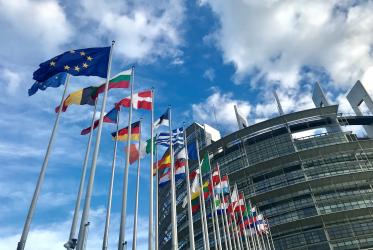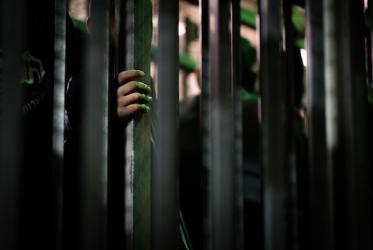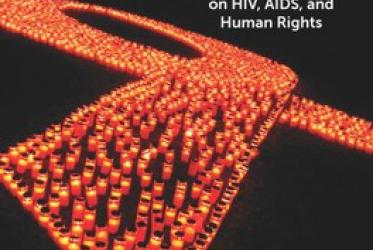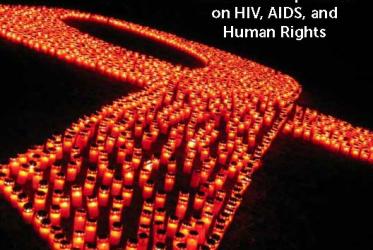Displaying 1 - 20 of 25
How racism and colonialism are exacerbating impacts of climate change
29 September 2021
WCC represented at G20 Interfaith forum in Tokyo
13 June 2019
Plans for 2017 decided by WCC Executive Committee
01 December 2016
WCC book featured in UN discussion on gender, religions and health
16 September 2016
Keeping the Faith in Development: Gender, Religion and Health
20 September 2016
Salvation Army Auditorium, New York City, United States
In Ghana, women bring open minds, honest words
05 July 2016













